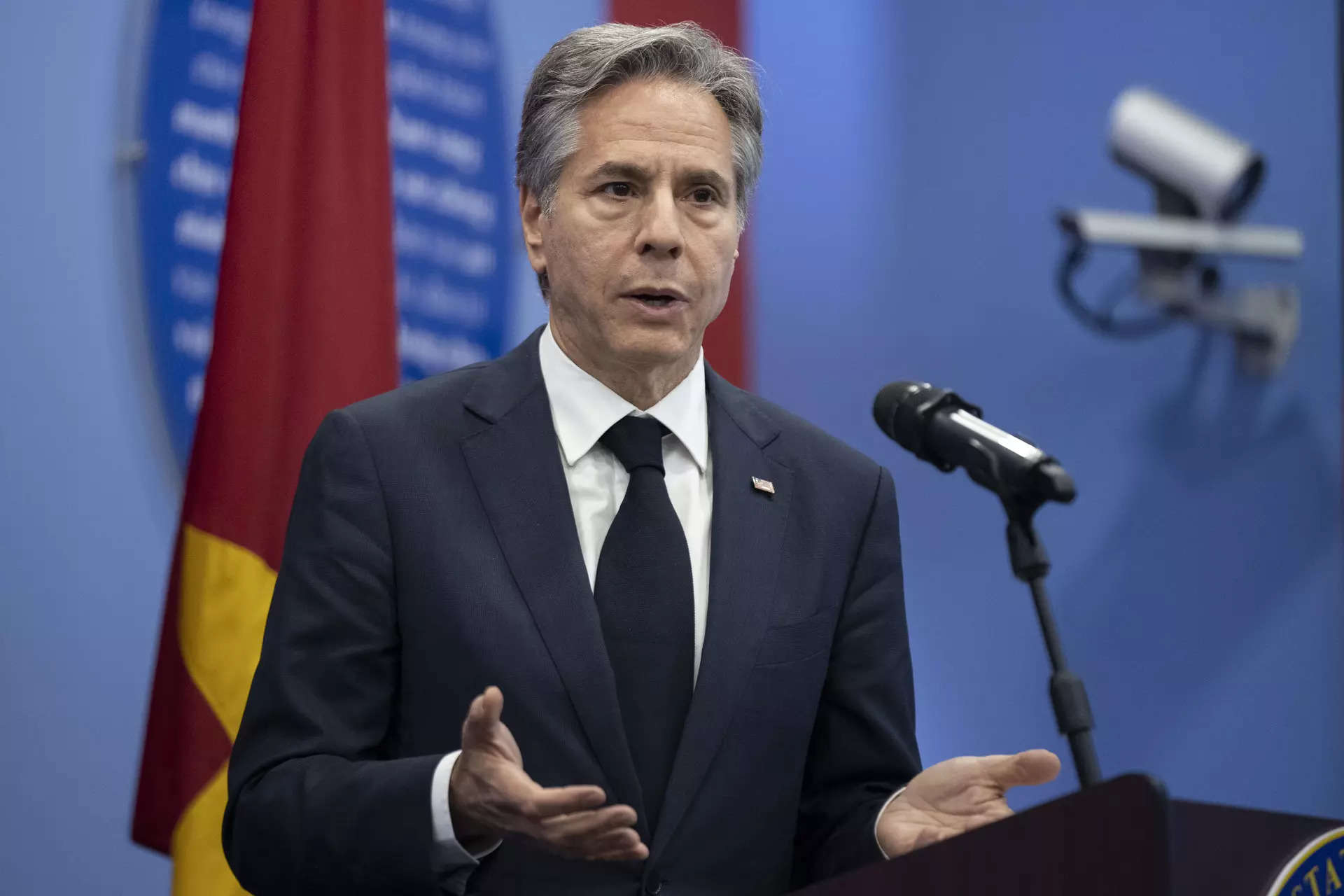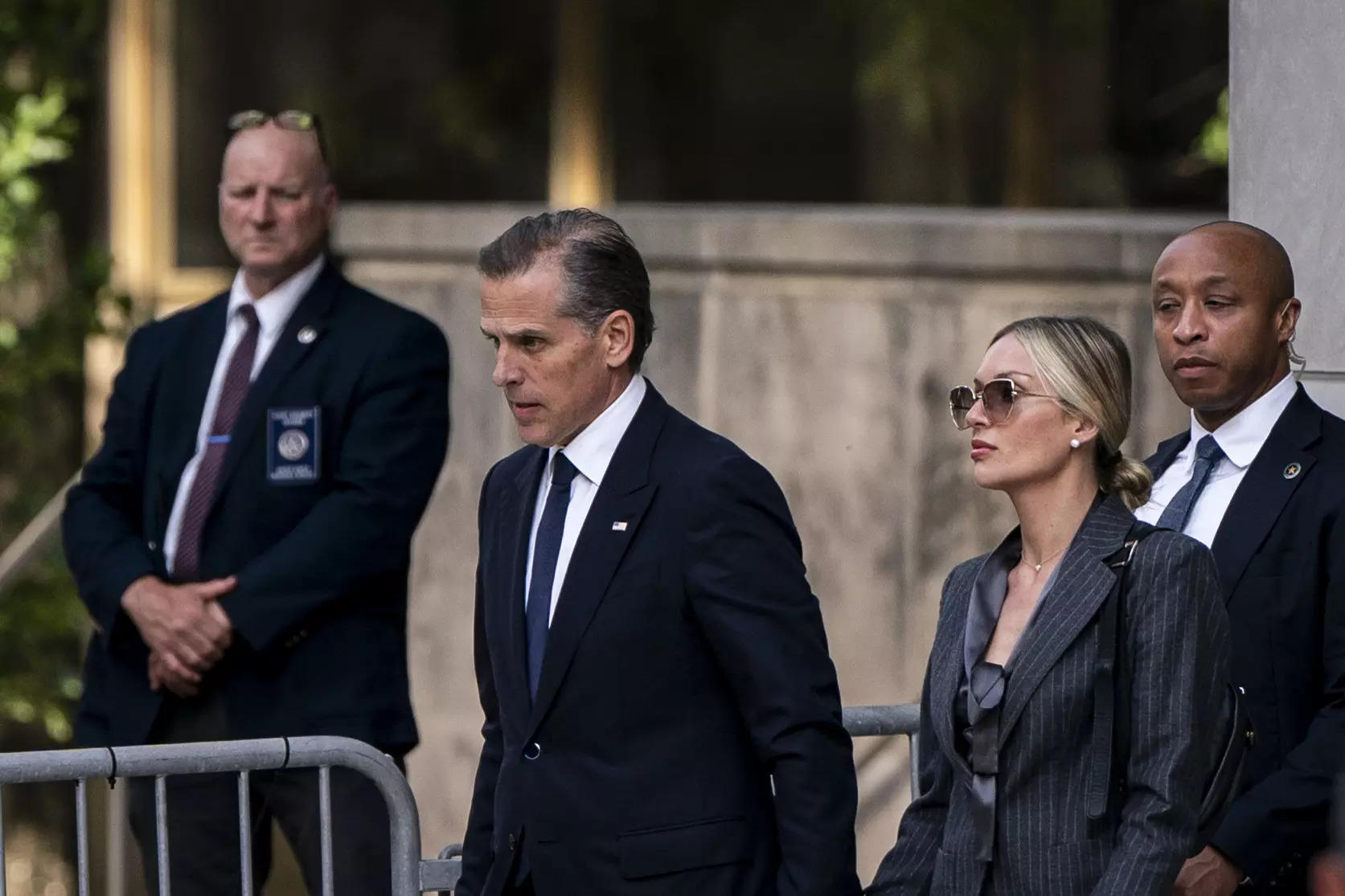Explained: UK's Safety Of Rwanda Bill And Why It Is Controversial
The Safety of Rwanda (Asylum and Immigration) Bill 2023, which parliament has approved, is the UK government's latest attempt to deport asylum seekers to the east African country as part of efforts to cut irregular immigration, after previous attempt

The Safety of Rwanda (Asylum and Immigration) Bill 2023, which parliament has approved, is the UK government's latest attempt to deport asylum seekers to the east African country as part of efforts to cut irregular immigration, after previous attempts were ruled illegal.
Why was it introduced?
The deportation scheme, for asylum seekers deemed to have entered the UK "illegally", was first proposed in 2022 as a way of tackling "small boats" crossings of the Channel from northern France.
So far this year 6,265 people have been picked up trying to make the journey and brought ashore, taking to more than 120,500 the total number of people detected in small boats since 2018.
But the proposal to cut what the government says is unsustainable financial pressures from increasing numbers of asylum seekers on public services and accommodation has been beset by legal challenges.
The UK Supreme Court on November 15 upheld a lower court ruling that Rwanda was not a safe country for asylum seekers and refugees.
It said there were "substantial grounds" to believe Kigali could forcibly return asylum seekers and refugees to places where they could face persecution.
What happened next?
Prime Minister Rishi Sunak promised to introduce emergency legislation to address the concerns of the Supreme Court, and a new treaty legally binding in international law.
Interior minister James Cleverly signed the treaty with Rwanda's foreign minister Vincent Biruta on December 4.
It promised not to return people to a country where their life or freedom would be in danger, and set up a new oversight body to hear individual appeals.
The government published the bill on December 7.
Why is it controversial?
Human rights groups and legal experts voiced concern that the proposals override any laws preventing a migrant identified for removal from being deported, and compel courts and tribunals to treat Rwanda as a "safe country".
The new law also orders courts to ignore other British laws or international rules, such as the International Refugee Convention, that prevent deportations to Rwanda.
Ministers would be allowed to ignore any emergency order from the European Court of Human Rights in Strasbourg to temporarily halt a flight to Rwanda while an individual case is still being considered.
Why are right-wingers unhappy?
Hardliners in Sunak's ruling Conservative party wanted the legislation to go even further by overriding the entire UK Human Rights Act, the European Convention on Human Rights (ECHR), the UN refugee convention and all other international law.
They believed the bill would delay the deportation of migrants by allowing them to challenge their deportation to Rwanda on specific individual grounds if they can prove that it would leave them at real risk of serious harm.
Migrants would then be able to appeal those claims, leading to further delays.
What now?
Sunak said on Monday that "starting from the moment that the bill passes.... we will begin the process of removing those identified for the first flight".
Plans had already been put in place for the first flights within 10-12 weeks with an airfield on standby, commercial charter planes booked and "500 highly trained individuals ready to escort illegal migrants all the way to Rwanda".
Once in Rwanda, asylum seekers will have their applications assessed. If they succeed, that asylum will be granted in the east African country rather than the UK.
But there could still be further court challenges from campaigners or individuals told they are due to be sent to Rwanda.
The Supreme Court said in its ruling that evidence cast doubt on Rwanda's "practical ability to fulfil its assurances, at least in the short term", to fix "deficiencies" in its asylum system and to see through "the scale of the changes in procedure, understanding and culture which are required".
The opposition Labour Party, widely tipped to win the UK next general election, has pledged to scrap the policy if it takes power.
(Except for the headline, this story has not been edited by NDTV staff and is published from a syndicated feed.)



































![Safari Thorium Neo 8-Wheel Luggage Set Trolley Bags (Set of 3) at just Rs. 5,599 [MRP 29,100]](https://savefree.in/uploads/images/202409/image_870x580_66f63845060f0.webp?#)












![Handmade Brown Mango Wood Chopping Board At just Rs. 89 [MRP 599]](http://savefree.in/uploads/images/202303/image_870x580_641bf7e9c2206.jpg?#)


